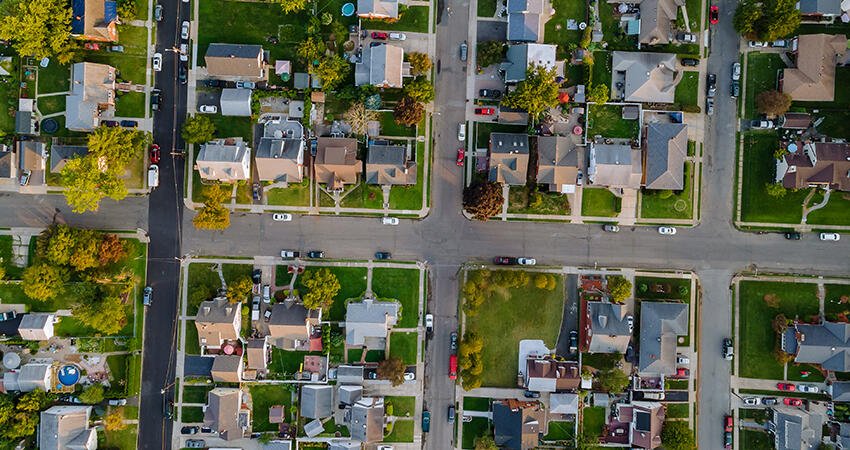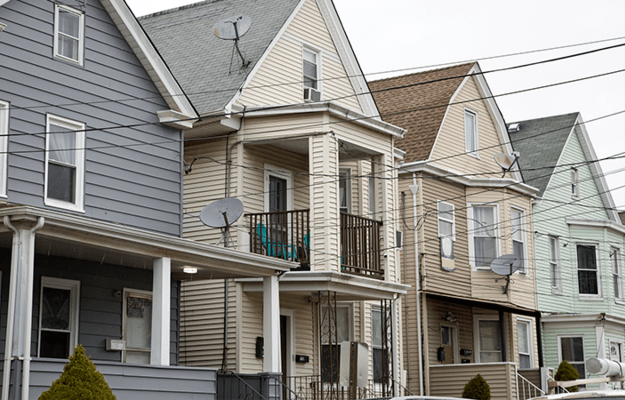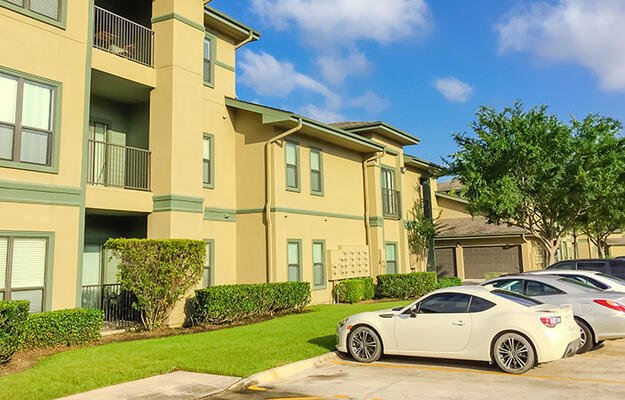
(ungvar/Shutterstock)
How Can States Give People With Criminal Records a Fair Chance to Secure Housing?
Nationally, there is a gap of more than 6.8 million affordable housing units needed to meet existing demand—a crisis that has directly increased housing instability and homelessness.
On top of this overall housing shortage, people with criminal records face additional screening barriers in the rental market. Often, housing providers will require a background check during a rental application, and evidence suggests many landlords make housing decisions based on whether someone has any criminal history, regardless of charge or severity. Barriers to stable, safe, and affordable housing contribute directly to recidivism, as people experiencing homelessness are more likely to also experience incarceration.
States and localities are critical to creating safe, stable, and equitable access to housing, particularly for those with criminal records. New Urban Institute research shows Fair Chance housing laws are one legislative intervention states and localities can use to achieve this goal. But without taking additional steps, these laws’ effectiveness is limited.
What are Fair Chance housing laws?
Fair Chance housing laws are designed to prevent housing providers from screening out potential renters based on criminal charges or convictions, with the aim of reducing recidivism and promoting equitable access to housing, regardless of background. These laws exist in 15 jurisdictions across the country and vary in how they shift housing providers’ ability to rely on criminal records during the application process. For example, the laws variously
- restrict use of exclusionary language in any advertisements or communications about available housing,
- limit certain criminal charges housing providers can and cannot see during their background check, and
- change look-back periods that dictate how long criminal records can appear in background checks or be considered as part of a rental application.
What can states and localities do?
Given the recency of many of these policies—and the variability in how they are designed—there is a limited research base on Fair Chance housing laws. To fill the gap, we interviewed state and local stakeholders involved in implementing Fair Chance housing laws, which generated important lessons on how local actors can improve on enforcement, uptake, and impact.
- Invest in public awareness and outreach. Public education can help people understand inequities in their communities, as well as the often-misguided and misinformed narratives that have emerged around justice-involved populations. Building out structured campaigns and forums can help guide narrative change and sharpen public understanding around the relationship between stable housing, recidivism, and public safety. When paired with expanded engagement, outreach, and education strategies, Fair Chance housing laws can build on the public awareness and buy-in necessary for meaningful oversight of—and change in—landlord behavior to further policy uptake and implementation goals.
- Partner withcommunity-based organizations (CBOs). As community actors, CBOs can be trusted conduits to facilitate outreach and education with housing providers and prospective renters. By partnering with local advocacy groups and other community organizations, implementors can tailor outreach and education for more targeted, responsive, and effective impact, such as through landlord trainings and informational sessions to broaden community awareness.
- Enhance enforcement mechanisms. Effective enforcement of a victim complaint–based system relies on adequate awareness of the policy or law and the procedure for enforcement. To file a complaint, the victim must have the legal knowledge to know when a violation has occurred—and beyond that, they often lack the resources for legal representation. Governments can foster partnerships with local legal aid and housing justice organizations to provide access to legal support tailored to this intersection of housing and criminal justice locally.
- Measure the issue and the impact. In seeking to understand the effects of Fair Chance housing laws, there are few metrics to measure policies’ efficacy and their impact on housing accessibility for this population. More research can demonstrate the laws’ effectiveness in expanding access to housing for people with criminal records and help broaden the laws’ appeal with potential opposition groups and legislators by looking at other downstream outcomes, such as public safety, cost savings, and systems change.
According to actors on the ground, without public engagement, collaboration with local organizations, and more stringent oversight and enforcement, the impact of Fair Chance housing laws is minimal. Amid a changing national landscape, state and local support for effective housing strategies for people with criminal records is more important than ever.


